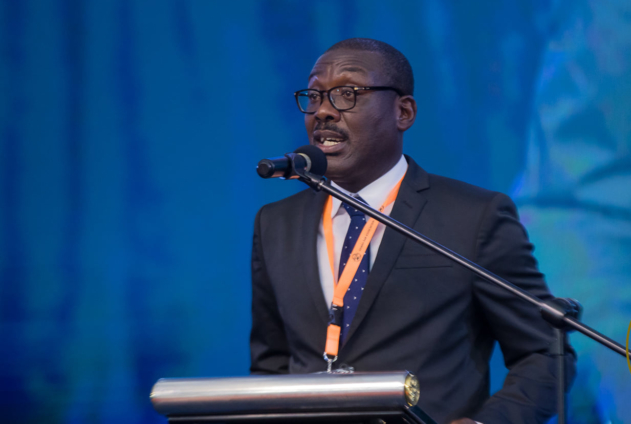The Ghana Bar Association (GBA) has raised concerns about the distribution of government scholarships, alleging that the process is often influenced by political connections rather than merit.
Speaking at the GBA’s 2024/2025 annual general conference, President Yaw Acheampong Boafo criticized the current system, arguing that it disproportionately favours individuals from privileged backgrounds who can afford to pursue their education without financial aid.
Mr. Boafo stressed that scholarships should be awarded based on genuine merit, financial need, and relevance to critical fields of study and research.
He described the practice of awarding scholarships to politically connected individuals as “immoral and troubling,” emphasizing that it deprives brilliant but needy students of opportunities.
The GBA president also pointed to reports of corruption, nepotism, and political favoritism in the scholarship process.
He condemned the practice of awarding multiple scholarships to the same individuals, while others who desperately need financial assistance are left out.
Mr. Boafo further questioned the practice of allocating scholarships in foreign currency for studies abroad, particularly for programs that are available at local universities.
The GBA is calling for a comprehensive review of the government scholarship system to ensure it is fair, transparent, and accountable.
“In my view, government scholarships should be based on real merit, the economic and financial needs of beneficiaries, particularly those from disadvantaged backgrounds, and the relevance of the studies to critical areas of development,” he stated.
“It is unacceptable that scholarships are awarded to individuals with political ties who are already from wealthy backgrounds, while deserving, underprivileged students are overlooked. Reports of corruption, nepotism, and political patronage in the scholarship process are deeply concerning.”
“It is also troubling that scholarships in foreign currencies are granted for studies abroad when similar programs can be pursued locally. We need a thorough review of the scholarship distribution process to ensure fairness and prevent waste,” he added.
Source: Adomonline

